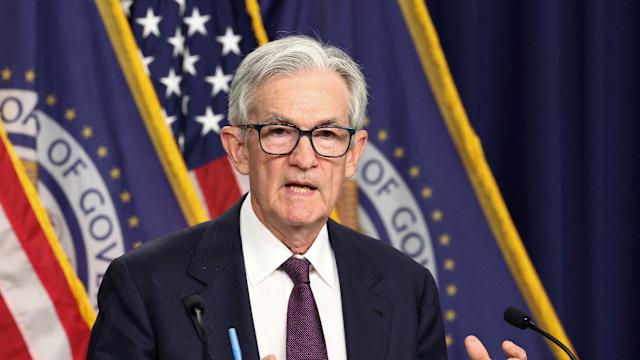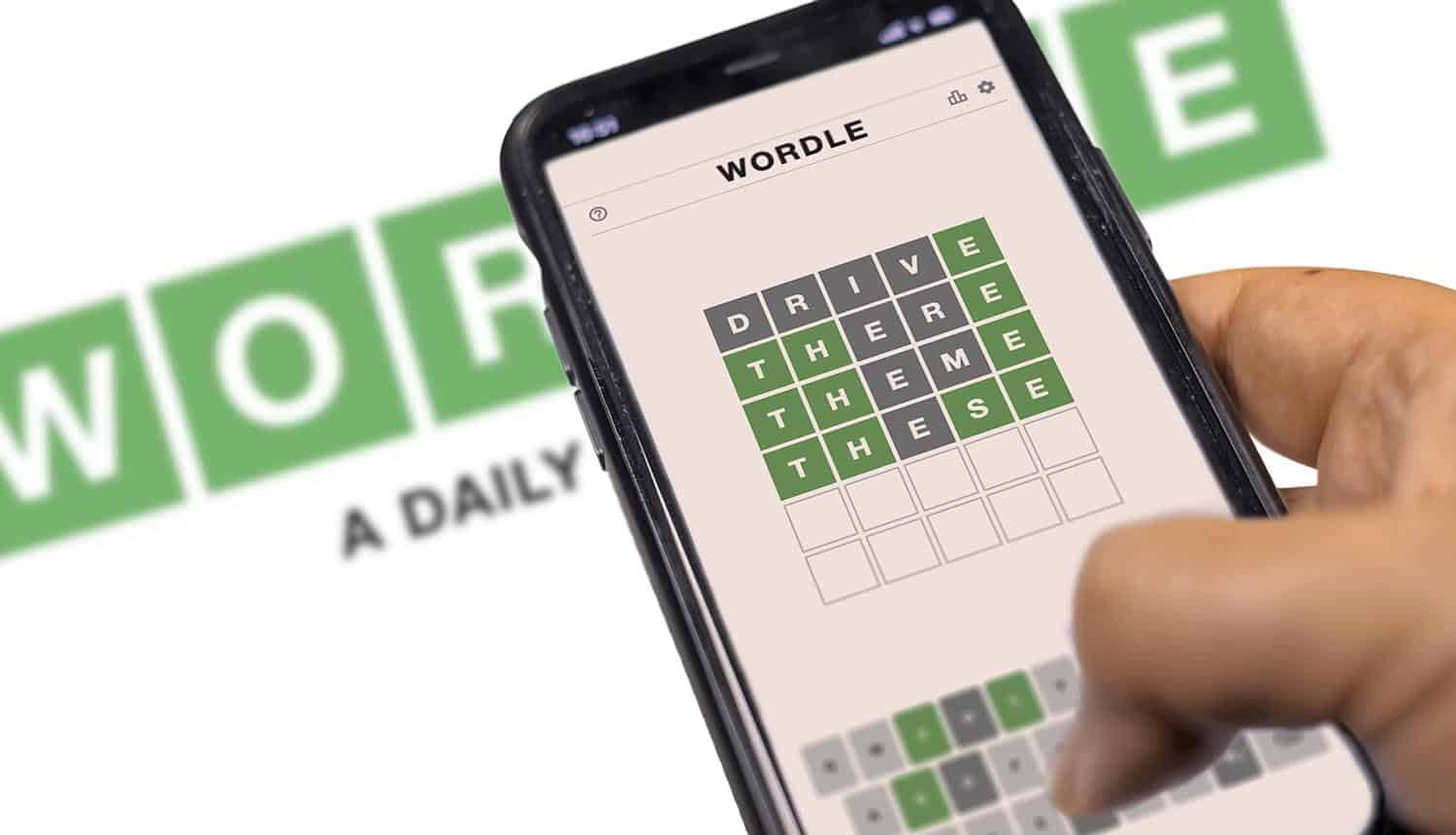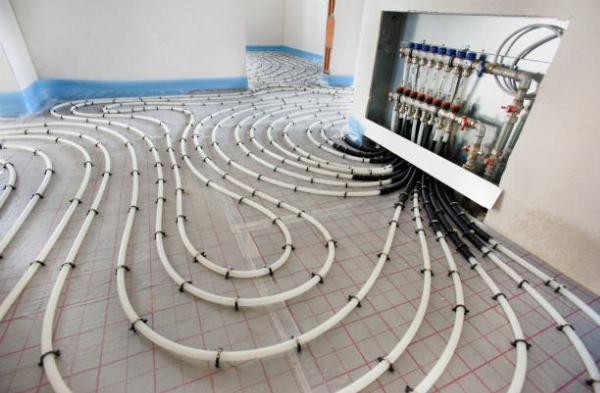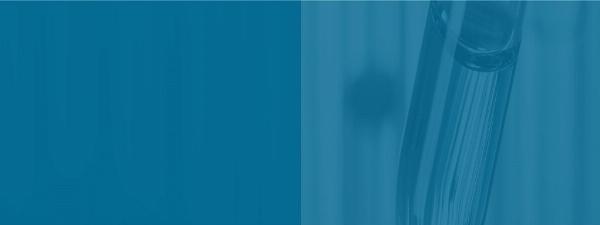BOJ Signals Cautious Approach to Inflation Risks, Leaves Room for Rate Hike This Year

The Bank of Japan (BOJ) has signaled a cautious approach towards potential broadening price pressures that could lead to high inflation. Despite the possibility of a long pause before raising interest rates again, the bank has left room for action this year by expressing concern over the risks associated with rising prices.
Governor Kazuo Ueda emphasized that the BOJ's near-term focus is on downside risks to Japan's economy, particularly the impact of U.S. tariffs expected to intensify in the second half of this year. However, he also noted that there are upside risks to prices, and the bank should not rule out the possibility of rising food prices leading to sustained, broader-based inflation.
The escalating Middle East conflict has caused crude oil prices to surge, which Mizuho Securities expects to push up core consumer inflation by up to 0.2% point around autumn this year. This could heighten inflation expectations among households facing higher gasoline and utility bills, adding to already rising rice and food prices that have lifted headline inflation to 3.6% in April - well above the BOJ's 2% target.
Such price pressures might lead to an upgrade in the BOJ's price forecasts at its next quarterly outlook due on July 31. JP Morgan Securities economist Ayako Fujita expects the BOJ to revise up its price forecasts at the July outlook report, laying the path for a rate hike in October.
In its current forecasts made on May 1, the BOJ expects core consumer inflation to hit 2.2% in the year ending in March 2026 before slowing to 1.7% the following year. The estimates are based on the assumption that crude oil prices are broadly flat throughout the projection period and the effects of rising food prices wane.
U.S. trade policy uncertainty has complicated the BOJ's efforts to wean the economy off a decade-long stimulus, with initial plans to hike in July dashed by President Donald Trump's April tariff announcement. Some BOJ watchers saw Ueda's comments this week as surprisingly dovish and ruling out the chance of near-term rate hikes. Former BOJ board member Takahide Kiuchi said even if the BOJ resumes rate hikes, the next one will likely be around year-end or early next year, which would give the bank time to grasp the economic impact of Trump's tariffs.
The BOJ is paying particular attention to how rising food prices could affect households' inflation expectations. The doubling of the price of rice, a Japanese staple, has drawn intense public attention. "Price hikes are no longer scaring away consumers, which may be a sign households' inflation expectations are already heightening," a source familiar with the BOJ's thinking said. "If headline inflation stays around 4%, some in the BOJ might shift more in favor of rate hikes."
For now, the BOJ will likely stick to communication that leaves itself room to stand pat for as long as needed - or hike swiftly if uncertainty over U.S. trade policy clears up. This will likely keep market players guessing on the next rate-hike timing. Analysts at ING expect the BOJ to hold off raising rates until early 2026 if Japan's tariff negotiations with other countries progress favorably.
BOJ's decision to maintain room for a rate hike amidst the ongoing concerns of inflation sends an important signal towards macroeconomic stability, demonstrating its vigilance in tackling price trends.
BOJ's cautious outlook on inflation risks suggests a potential window for interest rate hikes this year, signaling an attempt to balance economic recovery with price stability.
BOJ's cautious stance towards inflation risks suggests a prudent approach in readying for potential rate hikes this year, aiming at balancing economic stability with price control measures.
BOJ's cautious stance towards inflation risks requires due attention since it may pave the way for an interest rate hike this year, initiating a fine balancing act between maintaining stable growth and combating potential price pressures.
The BOJ's cautious approach towards inflation risks demonstrates清醒的认识到通胀风险,为今年可能的利率上调留下空间,Perfervid yet tasteful micro-management in monetary policy control, striking an equity between containing potential fire and preserving economic momentum.
The Bank of Japan's cautious stance on inflation risks suggests potential room for interest rate increases this year, demonstrating nuanced macroeconomic management amidst global economic uncertainties.
BOJ's cautious stance on inflation risks signals a potential opportunity for policy rate hikes later in the year, as it alignes with global financial conditions that may demand action to mitigate growing price concerns.
This may indicate that the BOJ is poised to maintain a watchful stance on inflationary pressures while paving discrete pathways for possible rate hikes during 203x, allowing it maximum flexibility amid increasingly tenuous economic circumstances.
With BOJ signaling caution on inflation risks, policymakers are maintaining flexibility that could pave the way for a rate hike this year if necessary.














